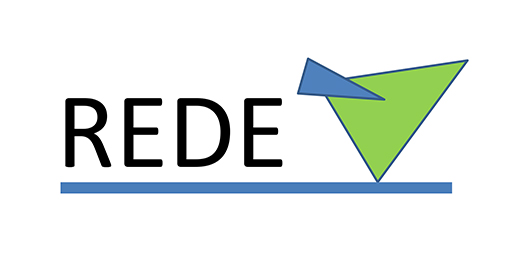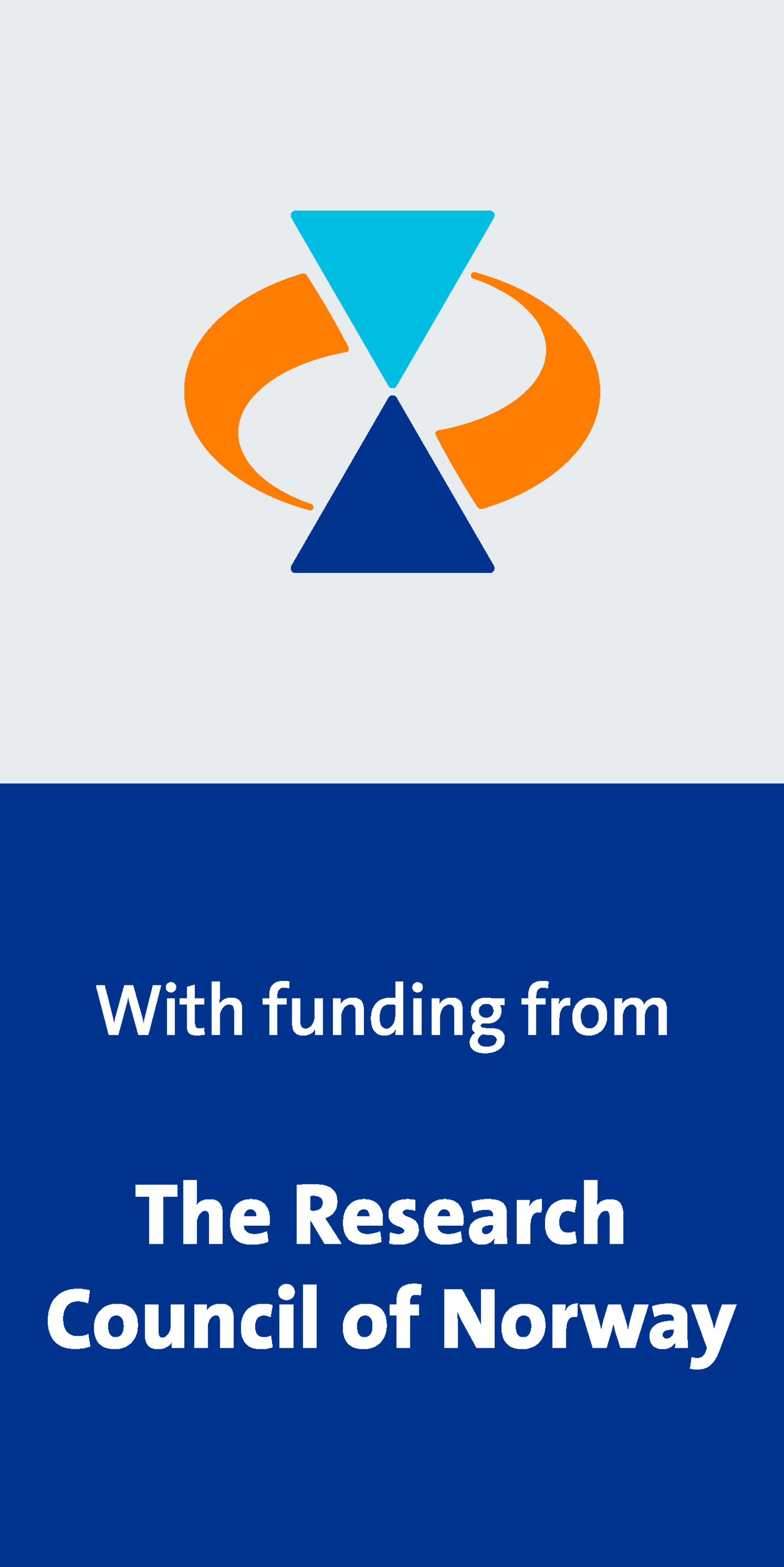The project Representation and participation in school science (REDE) develops research based teaching methods focusing on the use of representations such as
- written and verbal language
- graphs
- diagrams
- images
- simulations
These representations are important tools for knowledge development and communication in science.
Tools for learning and taking part in society
Representations are important for learning, for taking part in the processes and methods of science, and for understanding and taking part in society as a citizen. To master the use of representations is important, not only for a future career in science related areas, but also in everyday life such as when reading a weather forecast or judging media claims. It is therefore important for students to learn how to interpret and produce representations. It follows that it is important to teach teacher students about how to use science representations in their teaching.
Developing web based resources
The project will develop a web based resource that includes research based teaching methods and tools that focus on different forms of representations in lower and upper secondary education.
The innovation consists of four modules. The three first are:
- Content knowledge
- Socioscientific issues (SSI) and environmental challenges
- Nature of science (NOS)
Each module will consist of design principles, specific lesson plans, video clips, learning resources, and guides for teachers for the module at hand.
Module 4 aims at supporting the development of teacher students’ representation practices, by supporting the teaching of modules 1-3.
Cooperating with schools
Researchers in the REDE project cooperate with teachers to develop teaching methods. Two upper secondary schools and one lower secondary school are part of the project. The researchers investigate how teachers, teacher students and students experience and use representations by analyzing pre- and posttests, video recordings of classroom interaction and interviews with students, teachers and teacher students. The theoretical frameworks that guide the analyses include interaction analysis, social semiotics, and thematic analysis. Findings and implications are discussed with the participating teachers.
Funding
REDE is supported by the FINNUT program, Research Council of Norway, 2016-2019, grant number 249872.


